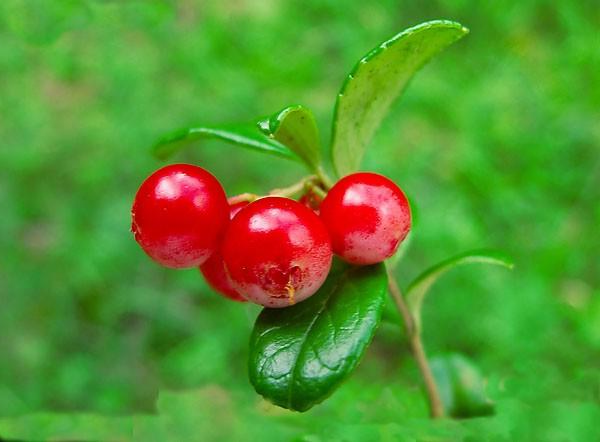
Arbutin is a naturally occurring compound found in various plants, particularly in the bearberry (Arctostaphylos uva-ursi) plant, cranberries, blueberries, and pears. It belongs to a class of compounds known as glycosides. The two main types of arbutin are alpha-arbutin and beta-arbutin.
Arbutin is known for its skin-lightening properties, as it inhibits the activity of tyrosinase, an enzyme involved in the production of melanin. Melanin is the pigment responsible for the color of the skin, hair, and eyes. By inhibiting tyrosinase, arbutin helps to reduce the production of melanin, leading to a lighter skin tone.
Due to its skin-brightening effects, arbutin is a common ingredient in cosmetic and skincare products. It is often used in formulations designed to address issues such as hyperpigmentation, dark spots, and uneven skin tone. It is considered a milder alternative to some other skin-lightening agents, such as hydroquinone, which can be more harsh on the skin.
It’s important to note that while arbutin is generally considered safe for topical use, individuals with sensitive skin or allergies should exercise caution and perform a patch test before using products containing arbutin. As with any skincare ingredient, it’s advisable to consult with a dermatologist or healthcare professional for personalized advice.
Post time: Dec-27-2023